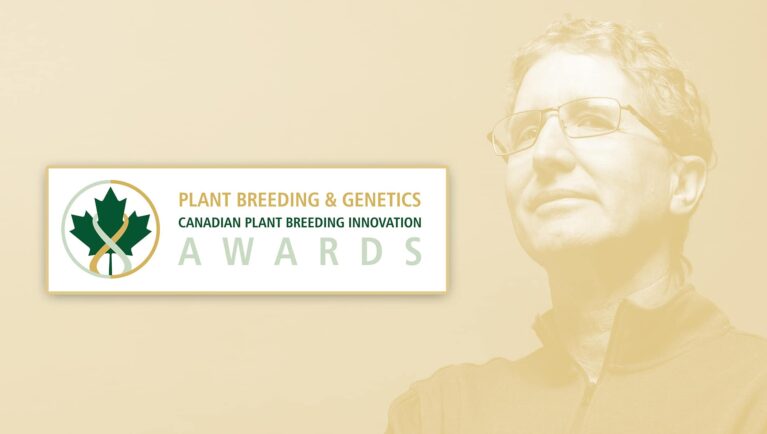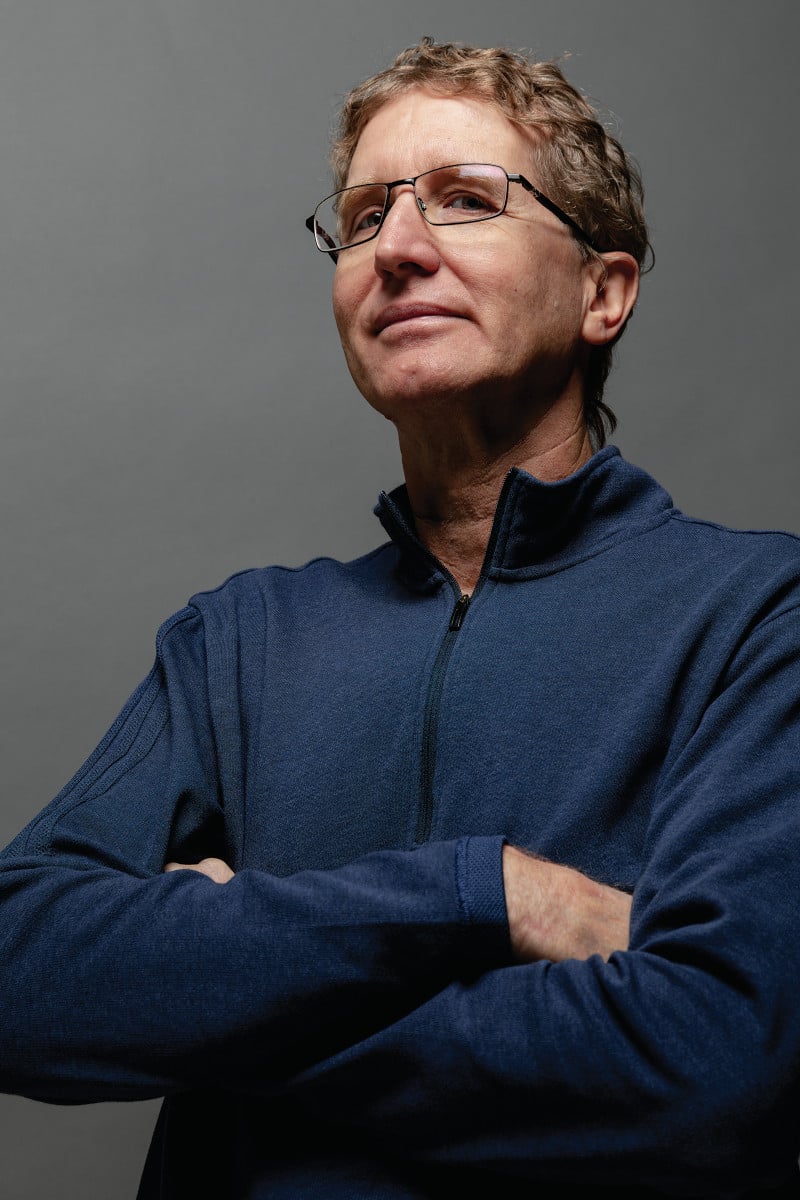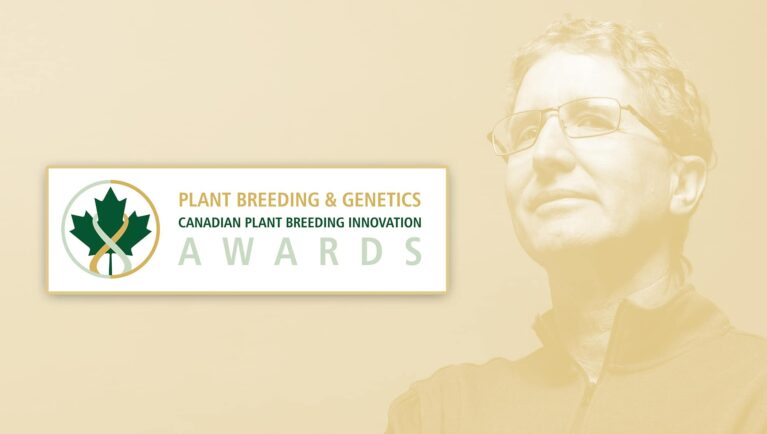

This is one of our top stories of 2024, as we look back on the biggest newsmakers of the year.
Syngenta Canada’s David Lee is a maverick in the soybean breeding realm, challenging the conventional beliefs about what the crop is capable of. It’s why he’s the recipient of the 2024 Plant Breeding & Genetics Award, sponsored by Seed World Canada and Seeds Canada.
Lee, 59, began rewriting the rules of soybean breeding beginning with his roots growing up on a farm near Woodstock, Ont., where he first gained an appreciation for farming — eventually leading to his academic pursuits at the University of Guelph.
Initially drawn towards the boardroom, Lee’s beat shifted during summer internships at Ciba-Geigy Canada (which went on to become part of Novartis), igniting his fascination with the research realm.
“I’m a curious person; I like to find out, ‘Why did this, do that?’ So that’s where I got my start,” he says.
From Plots to Patents
During his 31 years at Syngenta Canada and legacy companies, Lee has worked in, and subsequently led, the soybean breeding program in Eastern Canada. His work has contributed to the registration of over 200 soybean varieties, more than 50 of which are identity preserved.
Lee’s career took shape as he transitioned from plots to patents, joining the soybean breeding program at NK Seeds, which would become part of Syngenta and where he’d begin working on valuable soybean cultivars that would usher in a new era for the crop in Canada.
He collaborated closely with mentor Don McClure, creating the S03-W4 soybean variety. S03-W4 would go on to sell three million bags and be the longest-running soybean on the market with a quarter-century of marketability.
Lee has been granted Plant Breeders’ Rights for nearly a dozen identity-preserved soybean varieties. In 2019, he was awarded the top-selling volume variety for S03-W4. The same year, he was awarded the highest market share variety within Syngenta North America for the S007-Y4 soybean.
The Artistry of Soybean Breeding

At the heart of Lee’s work — he has 90 filed or granted soybean patents in Canada and the United States — lies innovation.
Syngenta’s Trait Introgression Facilities in Illinois accelerate research through crosses with additional traits. The key feature of this facility is that it operates indoors, allowing year-round research and development. It’s been key to his success.
“This constant access to controlled environments enables the research team to expedite the breeding process and ensures that they can work on these specific materials regardless of external seasonal variations,” he says.
“It’s not a solo venture for me; I rely on the contributions of many capable people. In the United States, we have some younger team members who excel in the latest data analysis techniques and the use of genetic markers. I find myself learning from them, adapting to the new technologies and approaches they bring to the table,” he adds.
“It’s gratifying to see how at this stage in my career, the collaboration with these talented colleagues ensures continued success in our research endeavours. Teamwork has become an integral part of my journey, and I’m really happy to have such support as we work towards our goals.”
Future Challenges
Celebrating his victories, Lee acknowledges the challenges ahead, particularly in disease resistance. As the soybean industry faces new threats, he underscores the importance of swift adaptation to change.
“Disease resistance is a big challenge with soybeans,” he notes, emphasizing the need to harmonize disease resistance with yield amidst emerging threats.
“The pace of change is faster now than it has ever been. What was effective five or six years ago may not hold true in the future. Adaptability is crucial, and being prepared to change course fast is a necessity.”
In the past, a successful variety might dominate the marketplace for five, six, or even seven years. However, the dynamics have evolved, and now, even the most promising ones may only stay relevant for three or four years.
“Don’t assume that a strategy or approach that worked in the past will automatically succeed in the future. The key is to stay vigilant, remain open to change, and be ready to adjust your tactics based on the evolving circumstances.”
What’s David Lee’s Favourite Soybean Variety?
As far as traited material goes, the S12-M5X soybean is one of Lee’s favourite accomplishments. With excellent Phytophthora field tolerance with the desired Rps1k/3a gene stack, it can resist the root rot disease caused by the fungus-like organism Phytophthora sojae. Lee also gives a nod to S04-K9, an identity-preserved variety he created. It has soybean cyst nematode resistance in a food-grade variety. It also has excellent Phytophthora root rot field tolerance with the Rps1c gene. It has proven Sudden Death Syndrome, iron deficiency chlorosis, and frogeye leaf spot tolerance.
The post Looking Back on 2024: Meet Canada’s Most Curious Soybean Breeder appeared first on Seed World.
